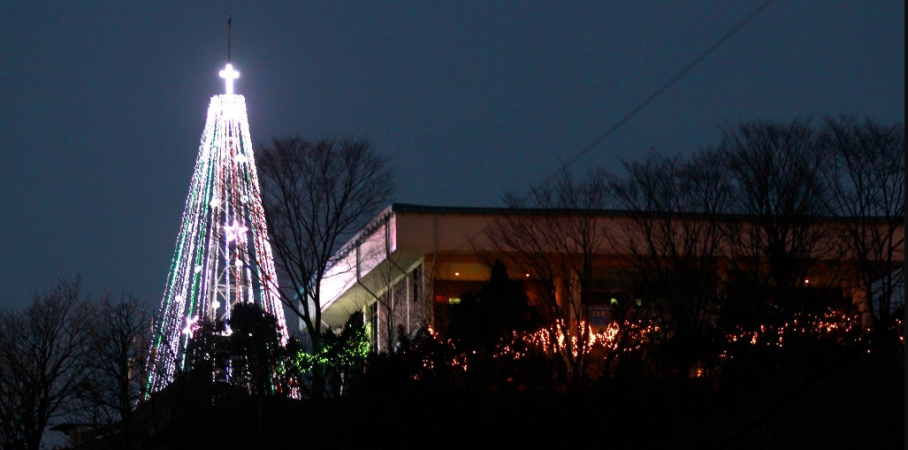Geopolitically, it seems like the most unlikely of matchups. North Korea and Israel have no shared borders, no trade disputes, and have never been involved in a direct war with one another. Still there’s some bad blood between the two countries and it goes back a long time.
North Korea does not recognize Israel, and Israel doesn’t recognize North Korea. In fact, Israel recognizes South Korea as the sole legitimate government of the entire Korean Peninsula. North Korea, in turn, believes Palestine is the only legitimate government of Israel, except for the Golan Heights, which Pyongyang says belongs to Syria.
If that wasn’t enough, North Korea has threatened to punish Israel, just as its Iranian allies have repeatedly done for years. Recent developments are rooted in the enmity of non-recognition and threats, but have only intensified behind the scenes. The North Koreans have been working with governments hostile to Israel since the 1960s and the two have been engaged in a high stakes, covert intelligence proxy war.
There was a time when North Korea sending troops or assistance to an ally actually meant something. In 1973, North Korea was actually better off than the South, and sent pilots and 1,500 personnel to fight Israel for Egypt in the Yom Kippur War. Since then, the threat of North Korean aid has become more dire, specifically in terms of nuclear non-proliferation.
Pyongyang has supported Palestinian militants operating against Israeli targets in Europe and the Middle East in the 1960s and 1970s, even sending Japanese communist militants to attack an airport inside the country. North Korean pilots also flew MiG fighters for Syria. Pyongyang supported the Iranian Revolutionary government in 1979, and sent its troops to fight Iraqi forces for Iran in the 1980s. When that conflict ended, the North Koreans helped Iran develop its missile systems.
On the surface, Israel has tried diplomacy and economic benefits to stop North Korean nuclear proliferation, to little effect. When it became apparent that Pyongyang would not stop its ongoing trade in weapons with Israeli adversaries, Mossad began to strike back. In 2004, a train moving along the North Korean-Chinese border exploded, killing a number of Syrian military personnel who happened to be on board.

In 2007, the Israeli intelligence service Mossad managed to hack into the laptop of Syrian Atomic Energy Commission director Ibrahim Othman. Mossad operatives discovered the purpose of a box-like building they knew was under construction in al-Kibar Syria. It was a replica of North Korea’s Yongbyon nuclear reactor and it was going to produce weapons-grade plutonium.
Operatives also discovered Othman had contact with a North Korean nuclear scientist from the Yongbyon facility. The discovery sent shockwaves through Israel’s defense community, and later that of the United States.
In September 2007, Israeli Air Force fighters took off from Israel, flew into Turkish airspace and struck the Syrian-North Korean nuclear facility. Israeli and Syrian media never reported the destruction of the facility. Only North Korea condemned the attack. It didn’t stop the North Koreans, though.
The chemicals used by Syrian forces in the Syrian Civil War were made by Pyongyang and North Koreans managed the plants creating the chemicals in Syria. Israel has targeted these facilities with airstrikes throughout the war, killing North Korean personnel.
The biggest relationship with Pyongyang in the Middle East, however, is Iran. Iranian nuclear scientists have worked with North Korea on missile technology and nuclear warhead development. Iran’s Khorramshahr missile has the capability of reaching Israel, and bears a marked resemblance to the North Korean Hwasong-10.
In 2013, the father of the Iranian nuclear program, Mohsen Fakhrizadeh, attended a potential nuclear missile test in North Korea. In 2020, he was assassinated by Mossad, who used a satellite-operated machine gun to kill him on the outskirts of Tehran. The Israeli-North Korean shadow war is far from over.

















